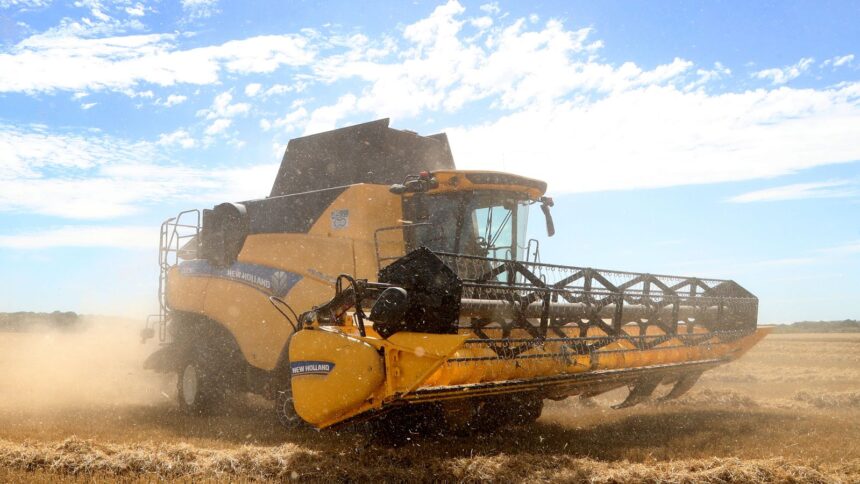In order to analyze bacteria from the Paleolithic era, when the world was warming up similar to today, researchers from Heriot-Watt University in Edinburgh are collaborating with experts from Europe.
Under the Tolerate project, a scientific research program of the European Union, the university team has been granted £500,000 to study ancient soil samples that were taken from deep below the Arctic for four years.
Researchers were “using samples from the palaeolithic period, around 100-200,000 years ago, because the planet was warming then, much like now,” according to Dr. Ross Alexander, a plant molecular biologist at Heriot-Watt.
According to him, the goal was to determine whether ancient plants, soil, and microorganisms could benefit modern crops by surviving on a planet that is changing quickly.







